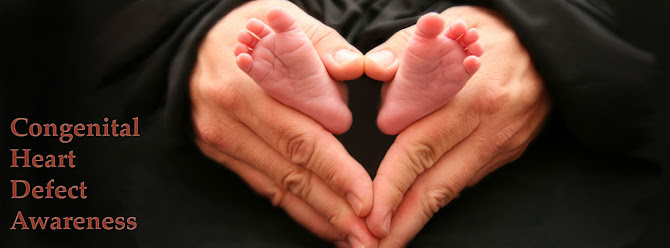Although the school year has already begun, it’s never too late (or early) to think about what your child’s school needs to know regarding his or her special CHD situation. And any time is a good time to consider what information you should provide to your child’s school so they can better care for and support your child.
For starters, it’s always a good first step to schedule a face-to-face meeting with important school faculty members (nurse, principal, counselor, classroom teacher, etc.). This will help all individuals be able to put a face with a name and to get to know your personalities, expectations, and concerns in a personal yet professional setting. Printing off some general information/facts about your child’s specific CHD to take to this meeting is always advised. Copies should be given to at least the nurse and classroom teacher. If your child’s condition is severe enough that it will require a special needs counselor, then of course the counselor will benefit from the information sheet as well. During your discussion you should inform all pertinent faculty members of several issues. One issue being your child’s possible learning/developmental problems. Since some children with CHDs can develop learning delays or problems, let the teacher know you’d like to be made aware of any signs of concerns the teacher may have during the school year. That way you can address the concern with your child’s doctor and get his or her recommendations. Another issue to discuss deals with your child’s general health; since children with CHDs can be at a higher risk of contracting certain infections, ask the teacher to notify you if other children are sick. Also regarding general health, the teacher (especially the physical education teacher) should be made aware that your child may require more rest or may be prone to tiring more easily. There’s also the important issue of the medical care that your child may need throughout the day (medications, procedures, etc.); in these cases, the nurse and teacher should obviously be well informed about the specifics – your child’s doctor would undoubtedly supply you with information/handouts explaining your child’s medical needs that could be given to the nurse. An important (if not the most important) issue that most parents want to impress upon their child’s school is that their child is a regular kid…they should be treated as such. It’s important to let your child’s school know your desire to have your child feel “normal” and included like every other child.
Overall, it’s important to remember that while some children’s CHDs are relatively simple and may not require any special care at school, other children may need regular intervention and attention from school faculty members. So, it’s imperative that parents evaluate (especially with their child’s doctor) what exactly the school needs to know.
How To Design Fashion Sketches
-
[image: Design Fashion Sketches]
The trend sketching it takes several drawing techniques and drawing skills,
in order to show stitches, texture, pleats, etc...
9 years ago

